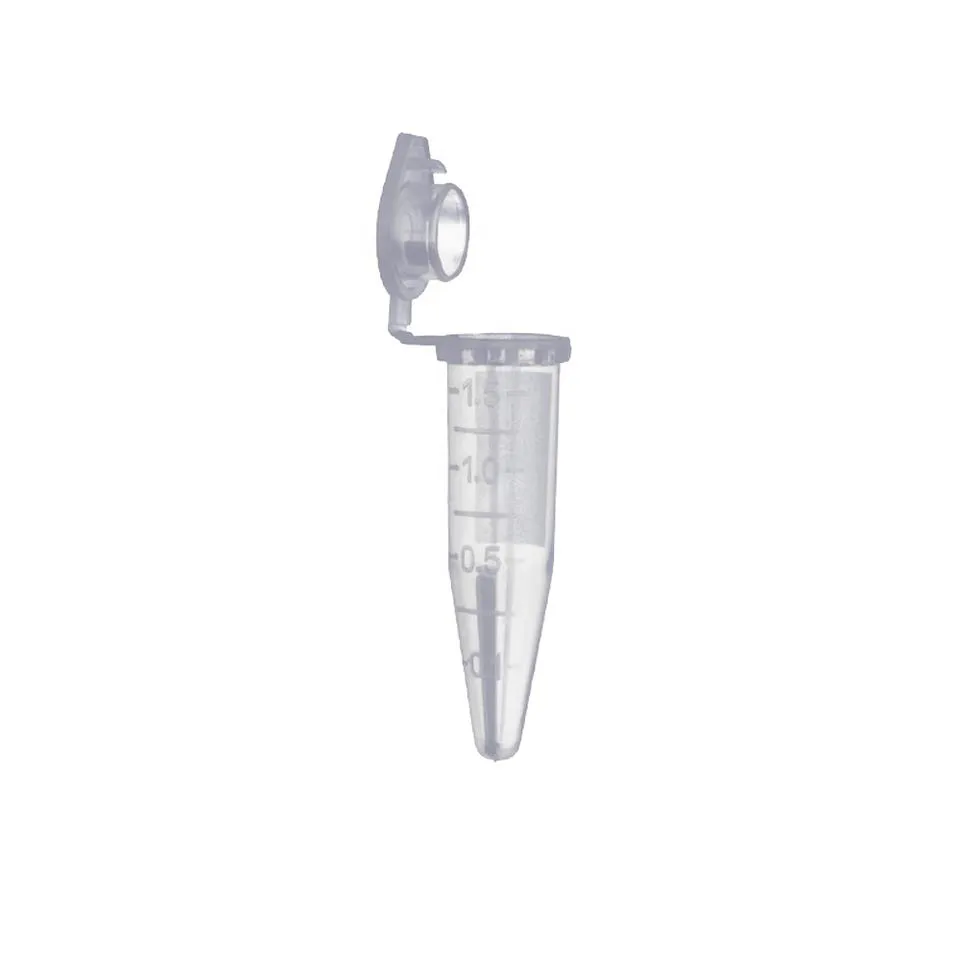
-
 Afrikaans
Afrikaans -
 Albanian
Albanian -
 Amharic
Amharic -
 Arabic
Arabic -
 Armenian
Armenian -
 Azerbaijani
Azerbaijani -
 Basque
Basque -
 Belarusian
Belarusian -
 Bengali
Bengali -
 Bosnian
Bosnian -
 Bulgarian
Bulgarian -
 Catalan
Catalan -
 Cebuano
Cebuano -
 Corsican
Corsican -
 Croatian
Croatian -
 Czech
Czech -
 Danish
Danish -
 Dutch
Dutch -
 English
English -
 Esperanto
Esperanto -
 Estonian
Estonian -
 Finnish
Finnish -
 French
French -
 Frisian
Frisian -
 Galician
Galician -
 Georgian
Georgian -
 German
German -
 Greek
Greek -
 Gujarati
Gujarati -
 Haitian Creole
Haitian Creole -
 hausa
hausa -
 hawaiian
hawaiian -
 Hebrew
Hebrew -
 Hindi
Hindi -
 Miao
Miao -
 Hungarian
Hungarian -
 Icelandic
Icelandic -
 igbo
igbo -
 Indonesian
Indonesian -
 irish
irish -
 Italian
Italian -
 Japanese
Japanese -
 Javanese
Javanese -
 Kannada
Kannada -
 kazakh
kazakh -
 Khmer
Khmer -
 Rwandese
Rwandese -
 Korean
Korean -
 Kurdish
Kurdish -
 Kyrgyz
Kyrgyz -
 Lao
Lao -
 Latin
Latin -
 Latvian
Latvian -
 Lithuanian
Lithuanian -
 Luxembourgish
Luxembourgish -
 Macedonian
Macedonian -
 Malgashi
Malgashi -
 Malay
Malay -
 Malayalam
Malayalam -
 Maltese
Maltese -
 Maori
Maori -
 Marathi
Marathi -
 Mongolian
Mongolian -
 Myanmar
Myanmar -
 Nepali
Nepali -
 Norwegian
Norwegian -
 Norwegian
Norwegian -
 Occitan
Occitan -
 Pashto
Pashto -
 Persian
Persian -
 Polish
Polish -
 Portuguese
Portuguese -
 Punjabi
Punjabi -
 Romanian
Romanian -
 Russian
Russian -
 Samoan
Samoan -
 Scottish Gaelic
Scottish Gaelic -
 Serbian
Serbian -
 Sesotho
Sesotho -
 Shona
Shona -
 Sindhi
Sindhi -
 Sinhala
Sinhala -
 Slovak
Slovak -
 Slovenian
Slovenian -
 Somali
Somali -
 Spanish
Spanish -
 Sundanese
Sundanese -
 Swahili
Swahili -
 Swedish
Swedish -
 Tagalog
Tagalog -
 Tajik
Tajik -
 Tamil
Tamil -
 Tatar
Tatar -
 Telugu
Telugu -
 Thai
Thai -
 Turkish
Turkish -
 Turkmen
Turkmen -
 Ukrainian
Ukrainian -
 Urdu
Urdu -
 Uighur
Uighur -
 Uzbek
Uzbek -
 Vietnamese
Vietnamese -
 Welsh
Welsh -
 Bantu
Bantu -
 Yiddish
Yiddish -
 Yoruba
Yoruba -
 Zulu
Zulu
Applications and Functions of Reagent Bottles in Scientific Laboratories
Reagent bottles are essential tools in laboratories, playing a vital role in the safe storage, handling, and utilization of various chemical substances. These bottles are typically made from glass or high-grade plastic and are designed to withstand the rigors of laboratory environments. Their unique features differentiate them from ordinary containers, making them indispensable for researchers, chemists, and educators alike.
.
Another important function of reagent bottles is facilitating the easy dispensing of liquids. Many bottles are designed with graduated markings, allowing users to measure precise quantities of reagents for experiments. This accuracy is crucial in experimental settings, where even minor deviations can lead to erroneous results. Furthermore, some reagent bottles are equipped with specialized dispensers or droppers that enhance control when dispensing liquids, reducing waste and ensuring safety.
reagent bottle uses

Reagent bottles also play a critical role in the transport of chemicals. Their sturdy construction helps protect the contents from breakage during transit, a common risk in laboratory operations. Whether shipped to another facility, moved between labs, or transported for fieldwork, reagent bottles safeguard valuable materials, ensuring they arrive in optimal condition.
In addition to their practical uses, reagent bottles are vital for compliance with safety regulations. Many chemicals require proper labeling to ensure that all users can identify potential hazards. Reagent bottles typically feature areas designated for labeling, which can include the name of the reagent, concentration, hazard symbols, and expiration dates. This clarity is essential for maintaining a safe working environment in laboratories.
In conclusion, reagent bottles are more than mere containers; they are key components of laboratory safety, efficiency, and organization. Their roles in chemical storage, precise measurement, safe transport, and compliance with labeling requirements underscore their importance in scientific research and experimentation. As laboratories continue to evolve, the design and functionality of reagent bottles are likely to advance, further enhancing their utility in various scientific disciplines. Whether in academic settings or industrial applications, reagent bottles remain a foundation of laboratory practices worldwide.
-
PTFE Centrifuge Tubes - Chemical Resistant, Leak-proof, Ideal for Laboratory UseNewsJul.05,2025
-
Premium Metal Dropper Bottle for Precise Dispensing 250ml & 1ml Options AvailableNewsJul.04,2025
-
20 ml Headspace Vials - High Quality Polyethylene & Plastic Vials for Lab UseNewsJul.04,2025
-
Small Bottle with Pipette - Precise Dispensing 100ml Pipette Bottles for Essential Oils & Lab UseNewsJun.24,2025
-
Acetic Anhydride Bottle for Accurate Dropper Measurement in Pharmacy Use High-Quality Dropper BottlesNewsJun.10,2025
-
Innovative PET Bottle Design for Juice – Unique Shapes & Customization OptionsNewsJun.10,2025






















